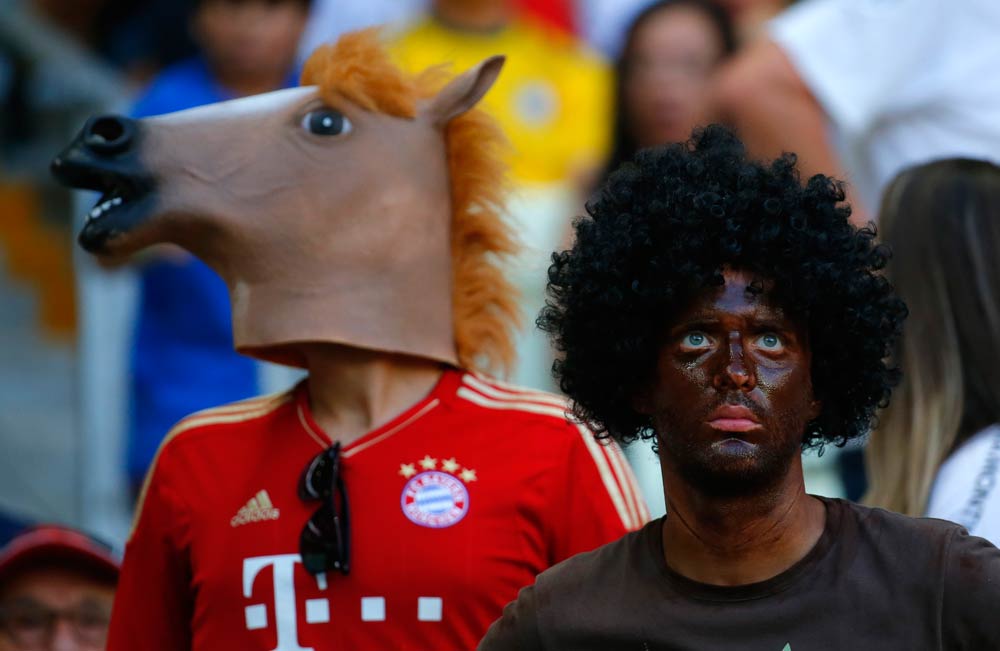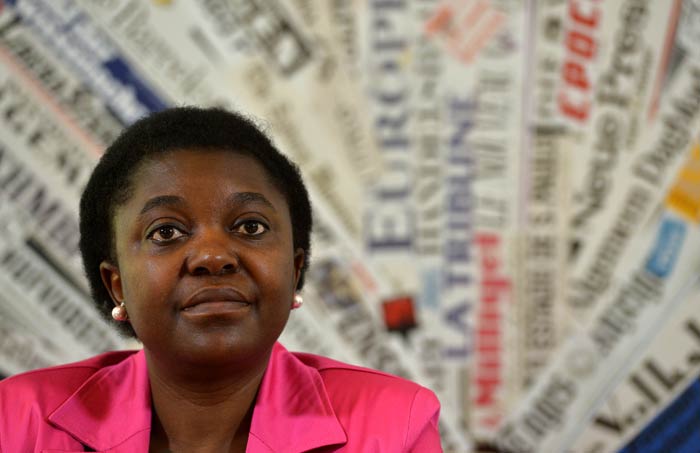
Last week, I stumbled across a BuzzFeed video of children from black families reminiscing about their parents’ struggles to put them through school and give them better lives. They talked of exceptional sacrifices: a mother who went without food to feed her sons, another who left a dancing career because of childbirth, or even the absentee father who made a point of always being there for his son. They spoke of retired parents rejoining the workforce to make enough money to get their children through college and of a mother sacrificing relationships because she wanted to avoid turmoil for her children. Like every normal person, I was moved by these stories and touched by the depth of sacrifice these parents made, as well as the gratitude their children exhibited. My disappointment in humanity however was awakened when I scrolled down to read the comments: “Are you going to make a thing about white families sacrificing for their kids too?” asked one user. “As parents we all make sacrifices for our children,” said another. There is something systemically off with these lines of thinking.
First, it is indisputable that all parents make some level of sacrifice for their children. Whether it is the discomfort of waking up in the middle of the night to check their crib, or forgoing something for the sake of their young ones. Nobody denies this. But the problem with the statements above lies in their complete ignorance of historical context. When the video showed black children remembering their parents’ struggles, it did not negate other people’s struggles. It does not mean that because they had difficult childhoods, then everyone else had it easy. When one story is told in positive light, it does not inevitably send everything else in darkness. Thus, the people who felt some level of bias in the story missed a crucial part of American history. History is not comparative in its telling, it is not linear in its production and neither is it singular in perspective.
This idea of sameness of struggle is usually echoed in response to the “Black Lives Matter” movement that sprung up after a number of police shootings in the United States. The same people who disregard America’s racial history want it to be said that “All Lives Matter.” But in reality, that statement in itself is an oxymoron and asserting it as true is nothing less than insincere on the part of its proponents. If all lives did matter, then the American justice system would be a completely different scene today. But all lives don’t matter, because American history is one of intended and completed racialisation of minority populations, especially black people.
Eric Garner and Tamir Rice are not victims of circumstance; they are a disclosure of successful policy implementation. American history is white history. The same country that declared “all men are created equal,” propagated slavery. If it was self-evident that some men were more equal than others in the founding of America, isn’t it logical that they still would not gain equality in the building of America? Whether it is America’s Prison Industrial Complex, or the Japanese Internment, whether COINTELPRO and the Black Panthers, or the Federal Housing Agency and Colour Coding (aka Redlining) which led to the rise of the Projects, American history was the active disenfranchisement of one racial group at the expense of another. The ideology of racial supremacy that founded the United States informed policy and led to the current injustices facing the black person.
If one is not a minority, they have probably benefited from the policies that allowed their families to own a home when other families could not because the FHA would not subsidise their mortgages since they lived in yellow or red lined zones. My point is not that people who are racialised as white are automatically racist, but they have benefited – whether intentionally or unwittingly – from the historical injustices of racism.
It is only in failing to understand this fact that you can hastily declare that all lives matter, and thereby repeat the incongruities in the founding documents of the American state. You will not understand that poverty breeds a social bubble in which violence is the only outpouring of economic frustration, because you have never needed to be violent. If you have only been on one side of history, you will never understand what it means to bend the arc of history toward justice when your opponent has power on their side. You will not easily wrap your head around the fact that at some point, this history shows itself in modern life; that this context paints the black life in all shades and hues. So, we could probably make a video of white children talking of their parent’s struggles after the housing bubble of 2008, or even of those white innocent people who die of police brutality. But we cannot account for their history because it has been the only history that has been told. What of that one police officer who likes black children? Or what of the fact that you have black friends? Or what of the fact that you have been to Africa? If you think these can erase the fundamental flaws and systemic injustices created in the writing and telling of American history, you are part of the problem.
Franklyn Odhiambo is an alumni of the African Leadership Academy, and a student of Political Science and Public Policy at the University of California, Berkeley. He is a Kenyan.




